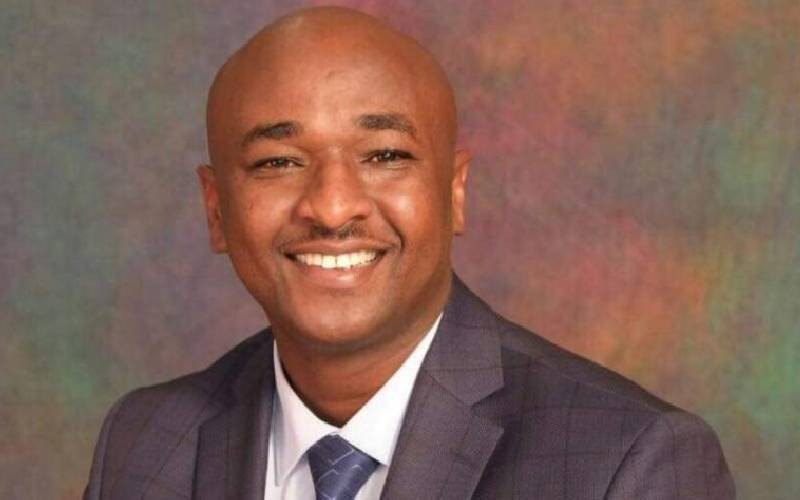Private universities and middle-level colleges offering bogus degrees will soon be closed down, the Commission for University Education (CUE) has warned.
CUE’s Chief Executive Officer, Prof David Some, said although the commission was yet to identify these institutions, it will soon audit all public and private universities to ascertain the validity of the courses they offer. He said the exercise aims at identifying and de-registering institutions that offer sub-standard degrees, and which do not meet set standards.
The crackdown comes amidst a proliferation of institutions of higher learning, some which have been accused of offering substandard courses. The thirst for higher education has seen a tremendous increase in the number of public and private universities over the past 15 years.
Since 2003, the number of fully-fledged public universities has increased from six in 2003 to 22 last year, however, there were nine university colleges by last year. Major towns in the country are today dotted with billboards of various institutions of higher learning marketing their ‘attractive’ courses.
But some of these institutions have substandard facilities, inadequate staff and are located in environments that are not conducive for learning. Some said this was tantamount to defrauding the public.
At least three constituent university colleges are seeking to be given charters to be elevated to full university status.
Aggrieved citizens
There are also 14 chartered private universities and 12 others operating with Letters of Interim Authority. While this growth has appreciably made higher education accessible to more Kenyans, education scholars have raised concern over the quality of education offered. Last year, Education Cabinet Secretary Jacob Kaimenyi, also said that the Government would go after such institutions. “We have not yet identified those to deal with. We urge the public to visit our website, where all accredited institutions have been listed and report the ones not indicated there,” said Some.
Several institutions, according to the CUE website, have been taken to court by aggrieved citizens and some of their programmes cancelled through the normal legal process. Some said all institutions of higher learning must adhere to CUE’s guiding regulations, which were published in a Special Kenya Gazette notice No. 68 of June 12, 2014. In its five-year strategic plan, CUE, in consultation with universities, wants to review the criteria for university admission.
Kubasu said CUE should lobby for more funds from the Government to boost research, improve learning facilities and facilitate hiring of more lecturers if high quality of education has to be maintained.
“There are about 10,000 lecturers in public universities, and their ratio to students stand at 1: 1000, which is not good news,” said Kubasu. Despite the rapid increase in enrollment, access to university education has remained a challenge since 70 per cent of students who qualify miss out on admission.
The ministry of Education has at the same time said it has stopped upgrading technical institutes to universities. Principal Secretary, Prof Collette Suda said, “technical institutes help in tackling unemployment among the youth.”
She also called for the strengthening of the Technical and Vocational Education and Training institutions across the country, saying they are vehicles for industrialisation, besides sustaining economic development.
She was speaking at Kiambu Institute of Science and Technology yesterday during the official opening of a conference on research at the institution.
Stay informed. Subscribe to our newsletter
 The Standard Group Plc is a
multi-media organization with investments in media platforms spanning newspaper
print operations, television, radio broadcasting, digital and online services. The
Standard Group is recognized as a leading multi-media house in Kenya with a key
influence in matters of national and international interest.
The Standard Group Plc is a
multi-media organization with investments in media platforms spanning newspaper
print operations, television, radio broadcasting, digital and online services. The
Standard Group is recognized as a leading multi-media house in Kenya with a key
influence in matters of national and international interest.
 The Standard Group Plc is a
multi-media organization with investments in media platforms spanning newspaper
print operations, television, radio broadcasting, digital and online services. The
Standard Group is recognized as a leading multi-media house in Kenya with a key
influence in matters of national and international interest.
The Standard Group Plc is a
multi-media organization with investments in media platforms spanning newspaper
print operations, television, radio broadcasting, digital and online services. The
Standard Group is recognized as a leading multi-media house in Kenya with a key
influence in matters of national and international interest.








